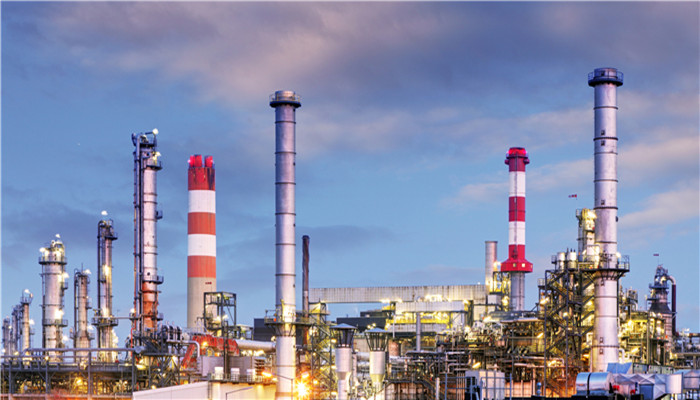
High-end polypropylene has become a new breakthrough, and the high crystallinity polypropylene (HCPP) market has huge room for development
As a special high-performance resin material, HCPP has the characteristics of high strength, high heat resistance, high rigidity, high melt index, and high modulus. Compared with ordinary polypropylene (PP) products, HCPP has a higher crystallization temperature, its products have a shorter molding cycle, and can meet thin-walled and lightweight production requirements. HCPP is mainly used in the automotive field. In recent years, with the lightweight development of the domestic automotive industry, the market demand for HCPP has been continuously released.
Crystallinity represents the proportion of crystalline areas in the polymer and is one of the important quality indicators of polymer resin. High crystallinity polypropylene (HCPP) is a type of polypropylene material selected based on performance characteristics. HCPP can be divided into two categories: copolymer HCPP and homopolymer HCPP. Copolymer HCPP products are mainly used in automobiles, home appliances and other fields, and homopolymer HCPP products are mainly used in food packaging and daily necessities. Overall, automobiles and packaging are the main application areas of HCPP, with their combined consumption accounting for over 70%.
According to the “2021-2026 China High Crystallinity Polypropylene (HCPP) Industry Market In-depth Research and Development Prospects Forecast Report》 shows that HCPP is one of the high-end polypropylene special materials with high dependence on foreign countries in my country, especially multi-phase copolymer HCPP products, with a foreign dependence of more than 90%. At this stage, my country’s HCPP market demand has reached 350,000 tons/year, and will maintain an average annual compound growth rate of 8%. The future market prospects are broad.
In recent years, my country’s polypropylene production capacity has expanded rapidly. At this stage, my country has become a major producer of polypropylene in the world. In 2020, my country’s new polypropylene production capacity will reach 4.4 million tons/year, and the total production capacity will be close to 33 million tons/year. my country’s polypropylene industry has a structural oversupply problem. In recent years, against the background of intensified competition in the mid- and low-end polypropylene market, high-end polypropylene has become a new breakthrough for domestic enterprises, and the localization process of HCPP has accelerated. With the optimization of relevant processes, my country has initially developed HCPP production capabilities, and certain brands have achieved quantitative production.
At present, homopolymer HCPP is mainly domestic products, and the main suppliers include Luoyang Petrochemical, Guangzhou Petrochemical, Panjin Huajin, Zhenhai Refining and Chemical, Yanshan Petrochemical, etc.; copolymer HCPP products still rely on imports, mainly from South Korea’s SK, Dahan Petrochemical, Basel, China-Saudi Arabia Tianjin, Hanwha Total Petrochemical and other companies, among which South Korea’s SK is the main importer of HCPP in my country, with an import volume of 42,000 tons/year. Compared with foreign products, domestic HCPP still has room for improvement in terms of processing performance, modulus/impact, odor, and quality.
Industry analysts said that under the background of high-end development of the polypropylene industry, the HCPP market has great room for development, especially copolymer HCPP. The downstream applications of HCPP involve automobiles, packaging, daily necessities and other fields. In recent years, with the lightweight development of the automobile industry, my country’s HCPP market demand has continued to grow. my country has the capacity to mass produce HCPP. Domestic HCPP is mainly homopolymer HCPP products. However, there is still a certain gap between domestic HCPP products and imported HCPP products. Copolymer HCPP still relies on imports.

 微信扫一扫打赏
微信扫一扫打赏

